And that makes three. Michael Pearce's Beast follows hot on the heels of William Oldroyd's Lady Macbeth and Francis Lee's God's Own Country, proving once and for all that low-budget British filmmaking is going through a period of rejuvenation. The romanticised rural setting, the fresh acting talent, the unconventional love affairs and the clever twisting of common tropes all signal a new approach to storytelling in the British Isles.

Pearce's Beast reimagines the true story of the Beast of Jersey aka Edward John Louis Paisnel, a serial killer who stalked the small British island throughout the '60s, committing a series of heinous crimes all while keeping up appearances at home with his unwitting family. Pearce joined us a Curzon Bloomsbury to talk about his bone-chilling film.

The Beast of Jersey
Pearce was born and raised on the island of Jersey. Although the Beast's reign of terror was put to an end in 1971, Pearce remembers vividly how the spectre of Edward John Louis Paisnel haunted the island through his childhood, well into the ‘80s.
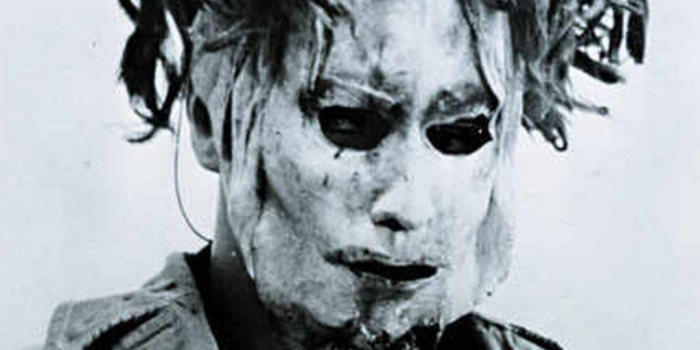
Pearce first heard about the killer, the eponymous Beast of Jersey, when he was just eight or nine years old. He had picked up a copy of Joan Paisnel's memoir, a detailed account of her husbands crimes and his secret double life, and it was upon reading this that the innocent young Pearce realised that monsters really do exist. Even in the safe and idyllic island of Jersey. But they don't hide under the bed. They are other people.
Withholding Evidence
Pearce was hyper-aware of tone. He didn’t want for Beast to be a police procedure or a study of a psychopath. "I didn't think we needed another show that sensationalises these crimes," he said. So the woman’s perspective keeps those charges at bay. In fact, the film is almost anti-procedural in its reluctance to engage in the perverse details of the crimes committed. The film is not about an investigation or accumulating evidence, it’s a study of a character and a love story that blossoms in a nightmarish scenario.
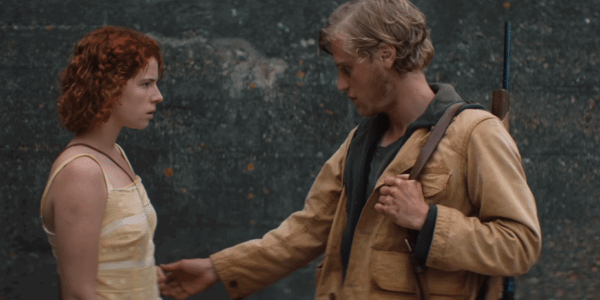
"I knew it was a psychological thriller or horror. It's an elevated genre film," Pearce explained. "You engage in the tropes, but try to keep a handle on them." And by focusing on character, and on Moll in particular, Pearce is able to twist the common tropes and cliches of the serial killer story, and instead has created a study of toxic love.
An Eternal Kind of Love
When researching his script and imagining the finished film (a process that took seven years from start to finish), Pearce turned to great works of romantic fiction for inspiration. First on the list were D.H. Lawrence's Lady Chatterley's Lover and Emily Brontë's Wuthering Heights. The romance Pearce had in mind was one of few words. It was to be more elemental, more sensory and enchanting and, perhaps, a love that flew in the face of good sense.

The film's success hinges on an audience buying into their romances, Pearce believes, on feeling the sexual attraction. Anyone who has watched David Fincher's excellent series Mindhunters will know that research shows psychopaths to be unusually charismatic and charming people. That of course, could be all it takes to fall in love with the wrong person. But for the characters in Beast, the attraction is more instinctual. Moll talks of Pascale's smell, and about his connection to the land. They are drawn to one another in ways far beyond their control. They are animals, acting on base desires. There is nothing Moll can do to resist, even in the face of doubt.
Jersey Boy
Pearce's first vision of Pascale, the curious and enigmatic young Jersey boy who captures Moll's reckless heart, was of a hunky slab of a man to be played by someone like Matthias Schoenaerts. Instead, he settled on the raffish singer-songwriter Johnny Flynn, whose slender frame and scarred face has a great deal of character, hinting at both danger and vulnerability, two of the key ingredients for raw attraction.
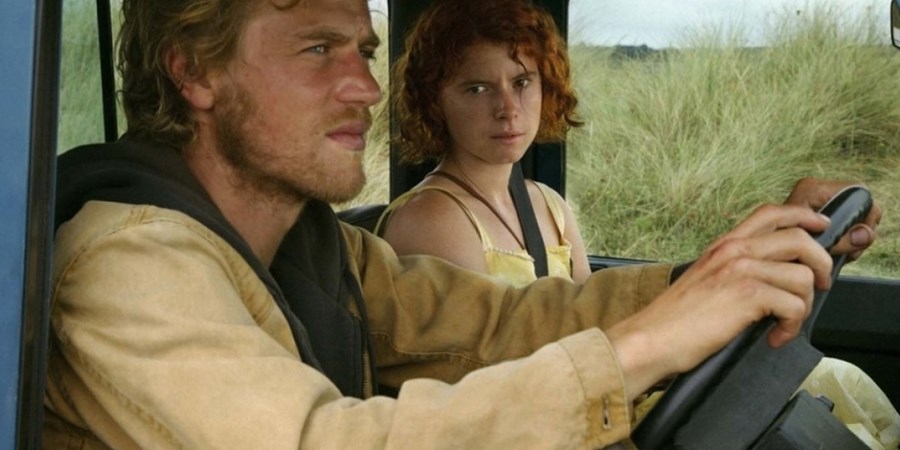
Moll
Moll was to be a kindred spirit to the wild and free Pascale, although, Pearce explained, she has had her wings clipped. All her restless energy, spirit and abandon have been strangled by the pressures of her overbearing mother and the berating memories of her past. In her audition, Jessie Buckley was asked to read from the film's penultimate scene. Immediately Pearce saw that Buckley was a very grounded and empathetic person, instantly likeable, goofy and fun. All the things that Moll could have been, had she grown up in a different family. Pearce needed to wrap Buckley's spirit in a straight-jacket, we need to see the life in the edges of her character, and to feel the restraint she lives with.
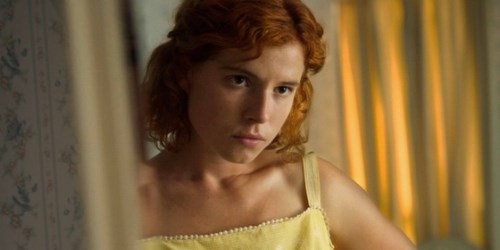
The Nurture Paradox
Moll's mother, played by Geraldine James, is a twist on the ultimate evil stepmother. She is controlling, undermining and hyper-critical. If the claustrophobia of the island wasn't enough, Moll's mother gives her countless reasons to escape her water locked life. But Pearce explained that it's not entirely unreasonable that Moll's mother should be the way she is. Moll is like a wild animal, and to tame a wild animal you have to have to be tough. At times it appears as an abusive relationship, but it is equal parts nurturing and scalding.
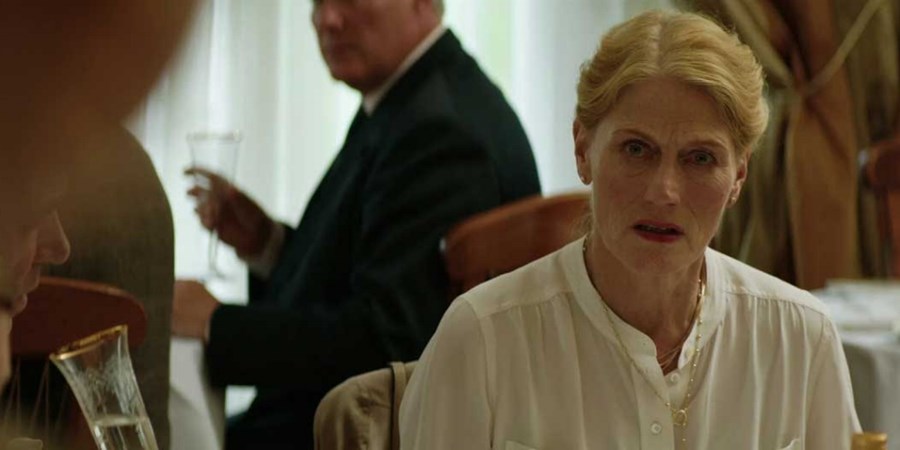
Pearce found inspiration for this dynamic in his observations of families as the site of some of our greatest conflicts. It's so paradoxical, he says, from an evolutionary point of view, how we raise children with unending compassion, only to turn cold on our offspring when they become adults.
Visit Jersey
The Jersey Tourist Board have not been in touch. Suffice it to say it's not the kind of film that will do wonders for local tourism, but that said Pearce has heard from a few island residents that the edgier portrayal of the island is appreciated by some.
You should visit though, it's really nice there.

Beast is still streaming on Curzon Home Cinema.

